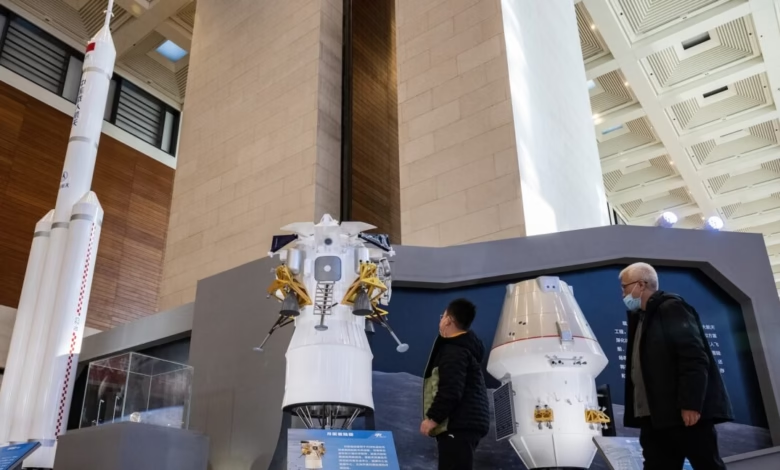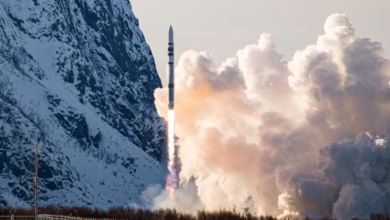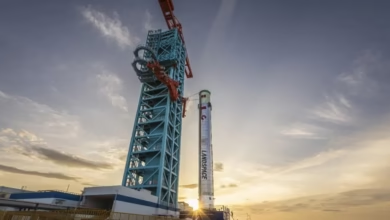SpaceX to Produce Own Rocket Fuel; China Unveils Massive Launch Pad

▼ Summary
– The Rocket Report marks the 50th anniversary of the first US-Russian joint human spaceflight mission on July 15, 1975, which laid the foundation for ISS collaboration.
– The ISS partnership between the US and Russia is set to end in 2030, with no plans for future space collaboration after decommissioning.
– The Rocket Report invites reader submissions and offers subscription options for updates on small-, medium-, and heavy-lift rockets and upcoming launches.
– ESA has chosen five startups—Isar Aerospace, MaiaSpace, Rocket Factory Augsburg, PLD Space, and Orbex—to compete for €169M in funding as alternatives to Arianespace.
– Only Isar Aerospace has attempted an orbital launch (unsuccessfully), and final ESA funding decisions will be made after negotiations and budget approvals in November.
Space exploration continues to break new ground as private companies and global superpowers push boundaries in rocket technology and infrastructure. This week marks a significant milestone, the 50th anniversary of the historic Apollo-Soyuz mission, which saw American astronauts and Soviet cosmonauts dock in orbit for the first time. That groundbreaking collaboration paved the way for decades of international cooperation aboard the International Space Station (ISS), though its future remains uncertain as plans for decommissioning by 2030 loom.
For those keen on staying updated with the latest developments in spaceflight, subscribing ensures you never miss an issue. Our reports cover everything from small experimental rockets to heavy-lift vehicles, along with previews of upcoming launches.
Europe is betting big on its next generation of launch providers, with the European Space Agency (ESA) shortlisting five startups for potential funding. The selected companies, Isar Aerospace, MaiaSpace, Rocket Factory Augsburg, PLD Space, and Orbex, aim to challenge Arianespace’s dominance in the region. While Isar Aerospace has already attempted an orbital launch (unsuccessfully, in March), the others are still in development. ESA’s financial backing isn’t guaranteed yet; negotiations with European governments will continue until November, when final budget decisions are made.
Meanwhile, SpaceX is taking another bold step toward self-sufficiency by planning to produce its own rocket fuel, reducing reliance on external suppliers. This move could streamline operations and cut costs for its frequent launches. On the other side of the globe, China has unveiled a massive new launch pad, signaling its ambitions to scale up its space program. The facility is expected to support heavier payloads and more complex missions, reinforcing China’s growing presence in space exploration.
The race to innovate in space technology shows no signs of slowing down, with both established players and ambitious newcomers driving progress. Whether through fuel independence, next-gen rockets, or expanded infrastructure, the industry is evolving at a rapid pace. Stay tuned for more updates as these developments unfold.
(Source: Ars Technica)



